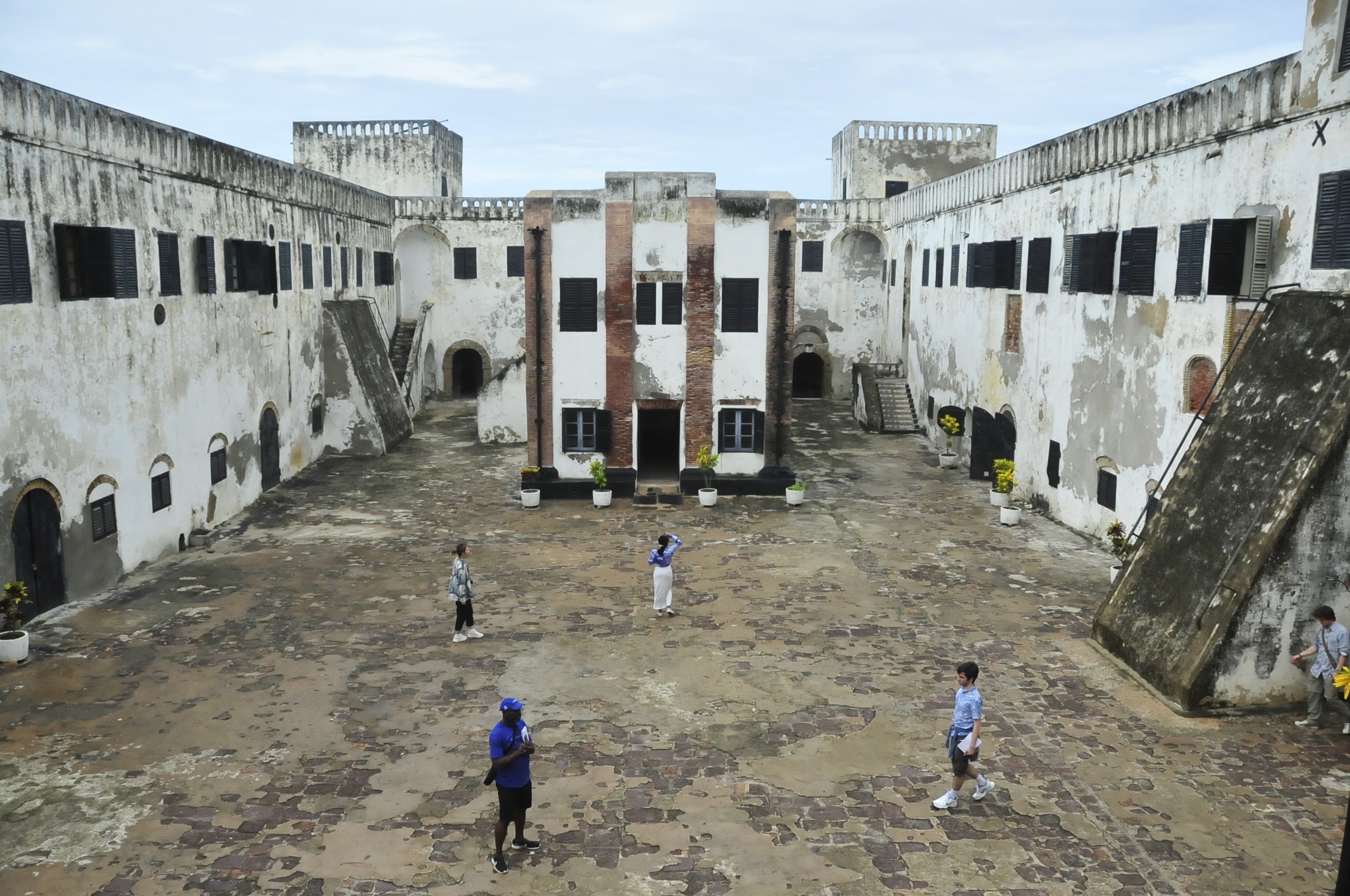by Andrew Califf
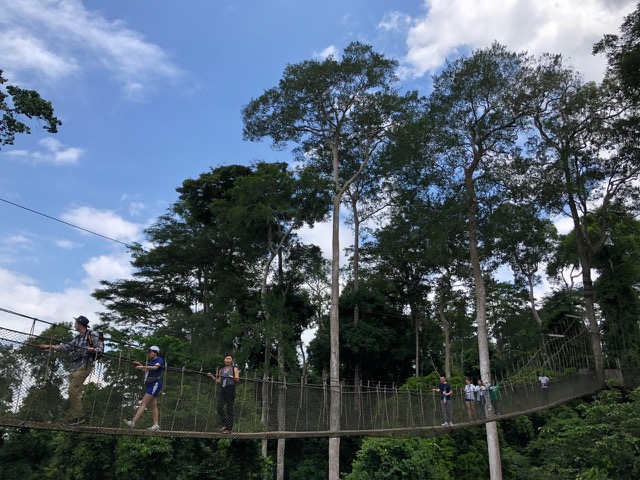
KAKUM NATIONAL PARK, GHANA- Bamboo arches frame the trail to the canopy walk in Ghana’s famed tropical attraction. Butterflies zigzag through the jungle foliage and flutter down the trail before diving back into the density of the rain forest.
The canopy walk, which is the park’s primary attraction, consists of a rope superstructure providing support and wooden boards and ladders as the walkway’s surface. It goes from a kyznkyzn tree to an esa tree to an ebony tree.
The walkway offers magnificent views of the expansive and vibrantly green canopy. The air is tantalizingly fresh. Vines wrap around branches in the canopy and then spiral to the forest’s floor.
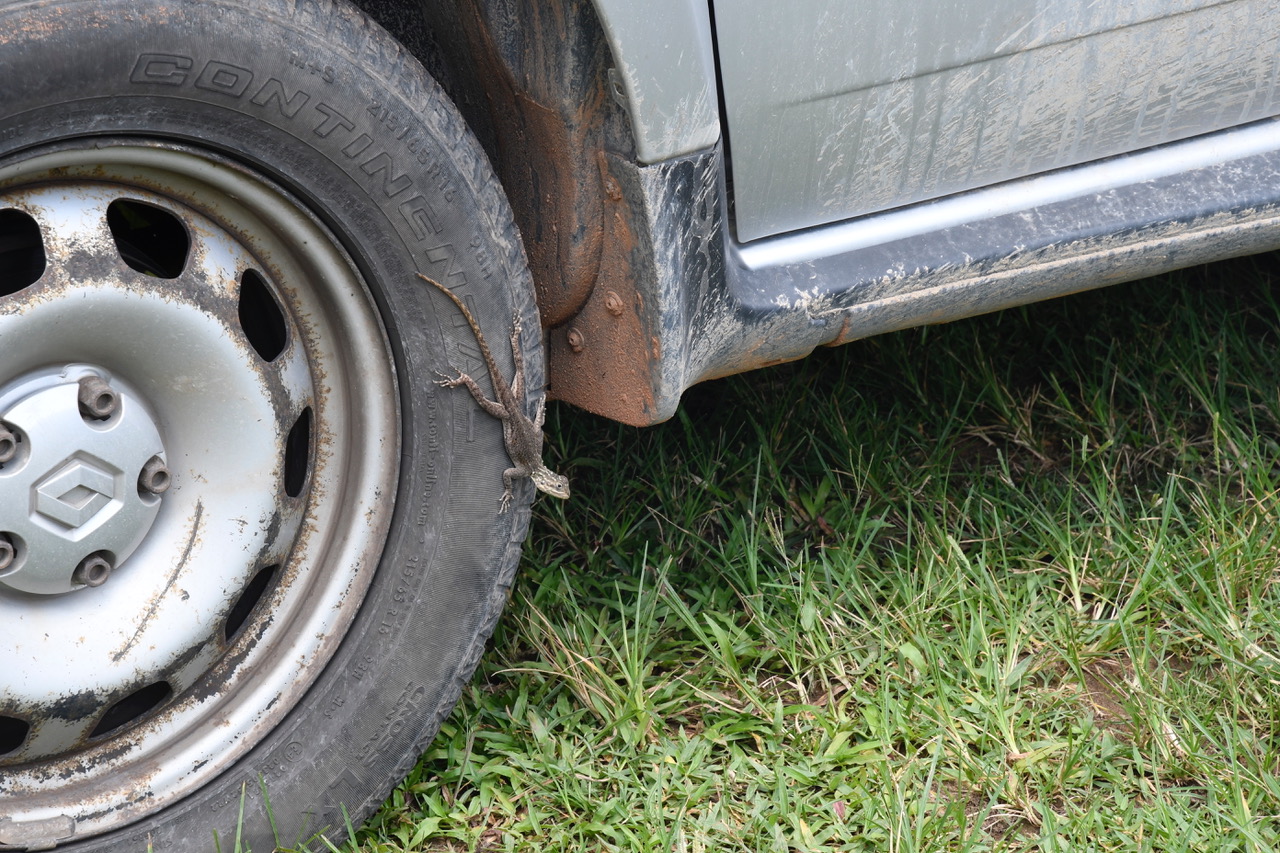
The views include many fantastically picturesque members of the floral kingdom, but, as many eco-tourists have complained, there is a lack of wildlife.
“Kakum is one of the most visited places in Ghana, but the largest park is Mole National Park where you can see all the wild animals,”said Chris Kuranchie, a ranger and tour guide at Kakum. “Here, it is very difficult to see the animals.” He continued to describe how the Forestry Commission has taken action in response to the tourist’s complaints.
The private sector behind the operation of the UNESCO World Heritage Site proposed an expensive venture in March, which the Ghanaian government readily approved.
The park is constructing a viewing platform and fencing off an area of the secondary park, which surrounds the park’s core and acts as a buffer between the ecosystem and surrounding communities, so tourists can get a front row seat to watch the lush ecosystem’s wildlife, like anteaters and forest elephants.
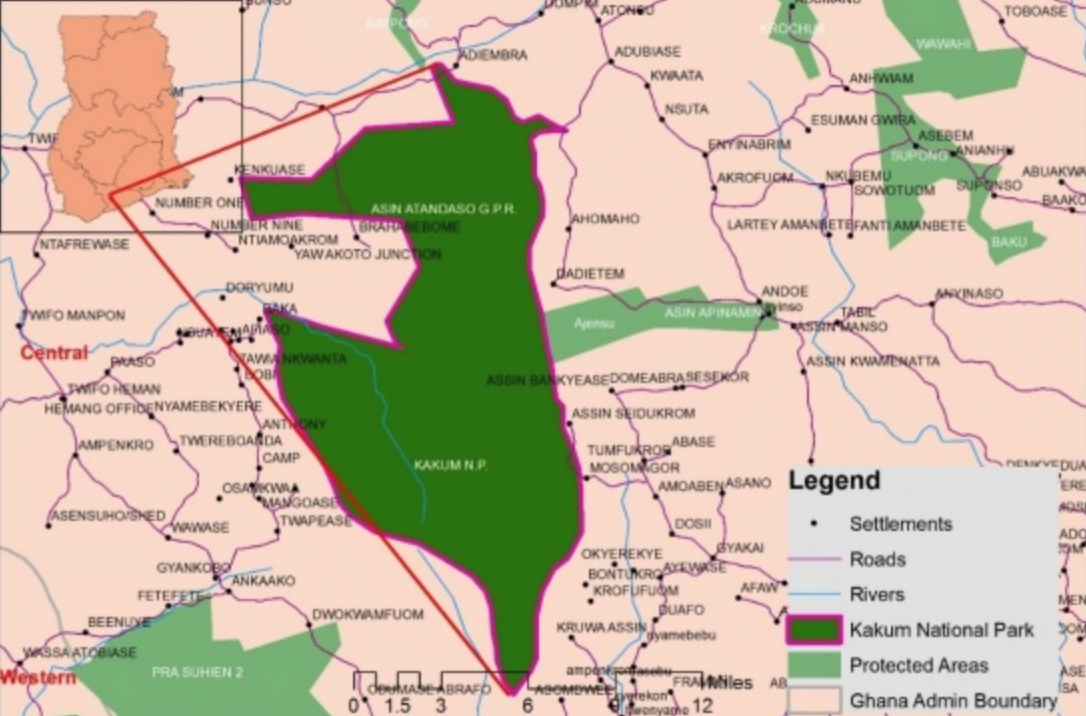
The Ghanaian government has been trying to boost income from tourism while minding the environment.
While tourists are served beer with plastic cups and multi-colored straws by local vendors on Labadi Beach (a portion of which will end up with other trash strewn along the beach) in Accra, the government is funding projects to increase eco-tourism.
This helps the country continue the environmentally friendly route President Nana Akufo-Addo has steered towards.
Akufo-Addo presented Ghana’s plan to combat climate change last week at the R20 summit.
The country has cracked down on illegal mining and logging and placed restrictions on the legal extraction of resources in the past two years. The discovery of oil and the ensuing industry boosted the Ghanian economy, but according to Sampson Akligoh of the Ministry of Finance, the government does not want Ghana’s economy to be reliant on oil.
Kuranchie explained how the majority of the Forestry Commission’s 16 protected areas cater to eco-tourism. “Ghana and Côte D’Ivoire are the leading producers of cocoa, and now this eco-tourism thing is becoming bigger than the cocoa we are producing,” he said. “It is good, it is booming and we just have to take the right steps.”
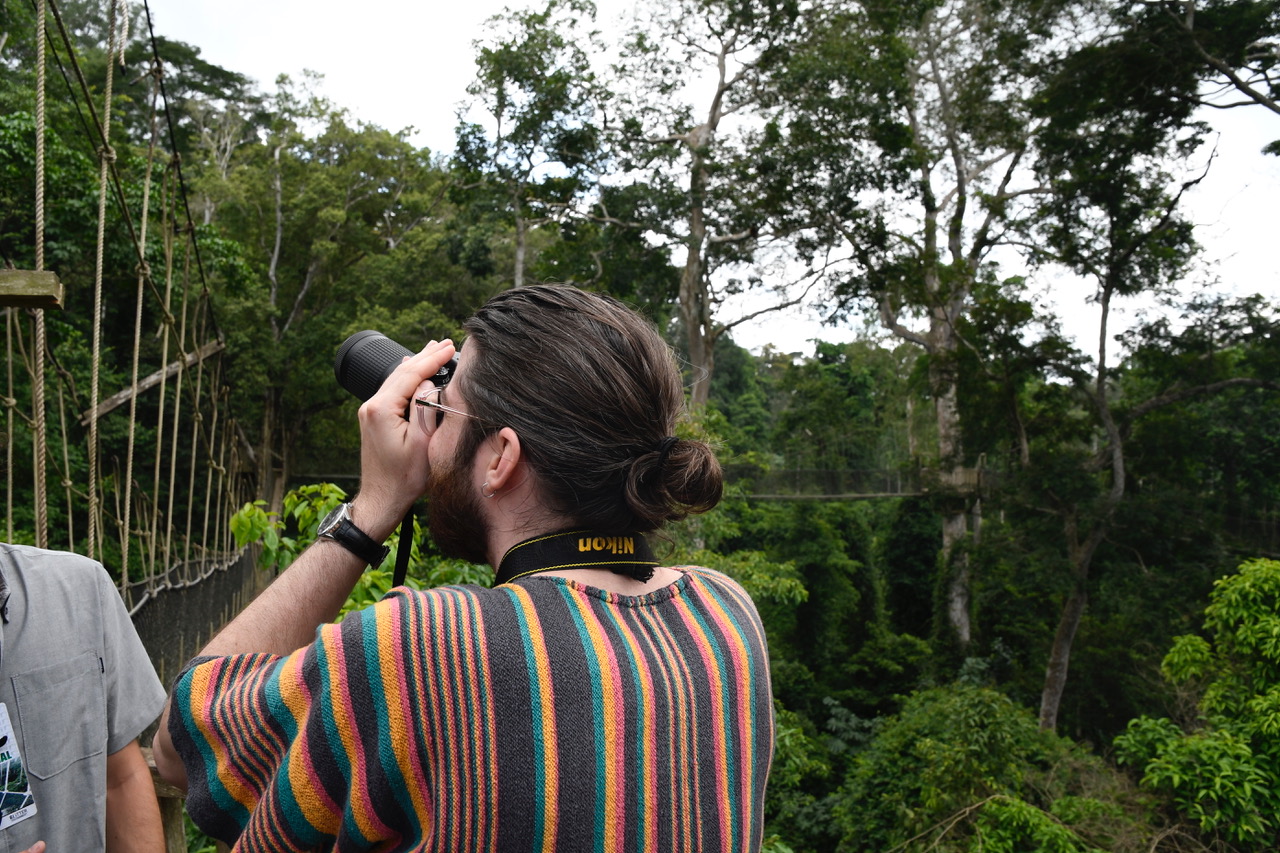 The observation deck project is due to many tourists complaining according to Kuranchie, but it doesn’t appeal to all visitors. “I am obsessed with zoos, but when I walk into a zoo I get sad,” said Patrick Murphy, a student from Virginia Commonwealth University’s medical school visiting Ghana for a week, while explaining his love-hate relationship with the park’s plan to fence in animals.
The observation deck project is due to many tourists complaining according to Kuranchie, but it doesn’t appeal to all visitors. “I am obsessed with zoos, but when I walk into a zoo I get sad,” said Patrick Murphy, a student from Virginia Commonwealth University’s medical school visiting Ghana for a week, while explaining his love-hate relationship with the park’s plan to fence in animals.
The Animal Viewing Zone was suggested by the park’s private sector, and it might not be that harmful. Last week, the Chief of Aburi, Otoobuor Kwasi, declared the privatization of the Aburi Botanical Gardens would increase tourism and rejuvenate the gardens because the government had not attentively maintained the park.
Despite some of the cons regarding the privatization of Ghana’s natural ecosystems for eco-tourism, it is less harmful than other ways Ghana’s natural resources have been commodified. The investment in this industry will help Ghana struggle to minimize its impact on the environment, and it won’t strip the land like colonizers looking for gold or immigrants operating illegal small scale mines.

